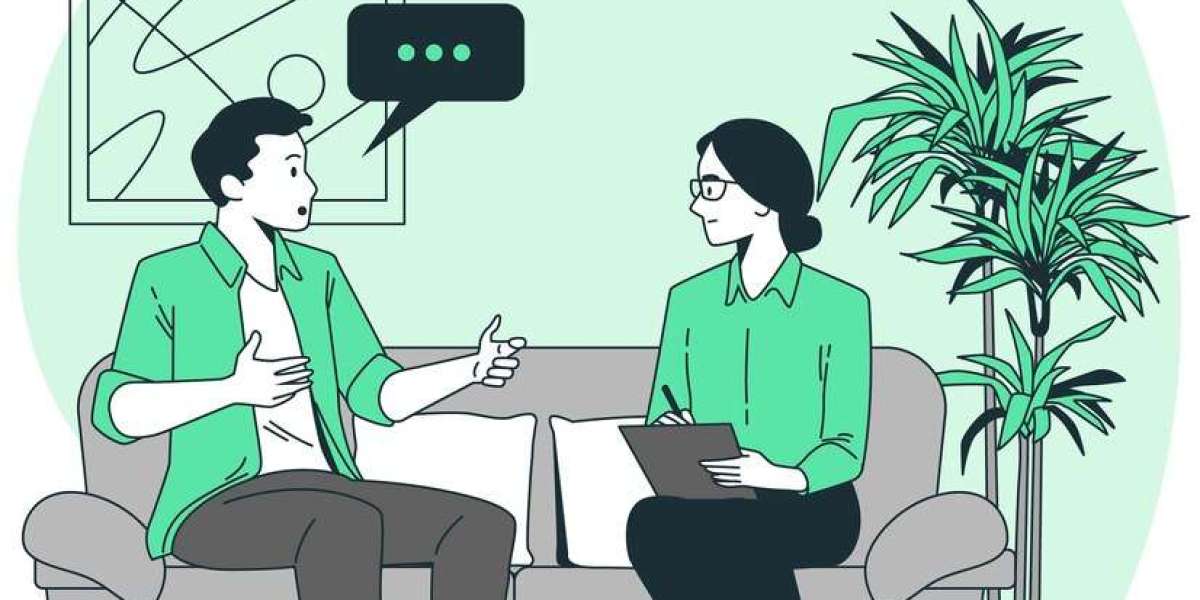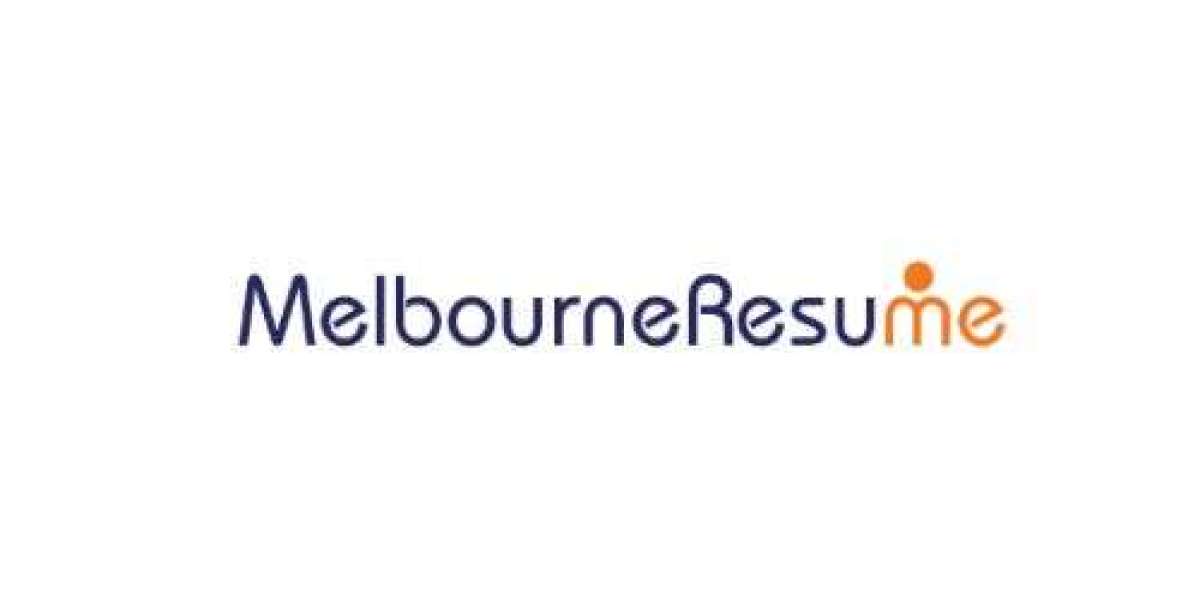In today's fast-paced world, technology has revolutionized the way we connect with others. From online shopping to social media, the digital age has opened up new possibilities for communication and support. One area where this is particularly evident is in the field of counseling. Online counseling, also known as e-therapy or teletherapy, is a growing trend that offers individuals the opportunity to seek therapy from the comfort of their own homes. But how exactly does online counseling work, and what are the benefits and drawbacks of this approach?
What is Online Counseling?
Online counselling is a form of therapy that is conducted over the internet, typically through video calls, phone calls, or messaging platforms. This form of therapy allows individuals to access mental health support from licensed professionals without having to leave their homes. Online counseling can be especially beneficial for those who live in remote areas, have mobility issues, or simply prefer the convenience of virtual sessions.
The Benefits of Online Counseling?
Convenience: One of the main advantages of online counseling is the convenience it offers. Clients can schedule sessions at a time that works for them, without having to worry about commuting to a physical office.
Accessibility: Online counseling can be a great option for those who have limited access to in-person therapy due to geographic location or mobility issues.
Affordability: In some cases, online counseling may be more cost-effective than traditional therapy, as therapists don't have to pay for office space or other overhead expenses.
Comfort: Some individuals may feel more comfortable opening up to a therapist from the comfort of their own homes, leading to more productive sessions.
The Drawbacks of Online Counseling?
While online counseling offers many benefits, it also comes with some drawbacks that should be considered:
Lack of Nonverbal Cues: In virtual sessions, therapists may miss out on important nonverbal cues that can help guide the therapeutic process.
Technical Issues: Poor internet connection or technology glitches can disrupt sessions and lead to frustration for both the client and therapist.
Confidentiality Concerns: Ensuring the confidentiality of online sessions can be more challenging than in traditional therapy settings.
Is Online Counseling Right for You?
Deciding whether online counseling is the right choice for you depends on your individual needs and preferences. If you value convenience, accessibility, and comfort, online counseling may be a good fit. However, if you prefer face-to-face interactions or have concerns about the limitations of virtual sessions, traditional therapy may be a better option for you.
In conclusion, online counseling is a valuable tool that can help individuals access mental health support in a convenient and affordable way. By understanding the benefits and drawbacks of this approach, you can make an informed decision about whether online counseling is the right choice for you. Whether you choose online therapy or traditional therapy, the most important thing is to find a therapist who you feel comfortable with and who can provide the support you need.
Remember, your mental health is important, and seeking help is a brave step towards healing and growth.









